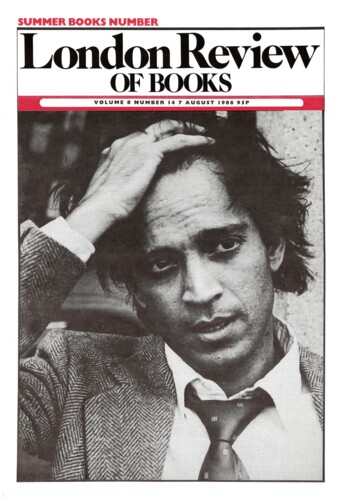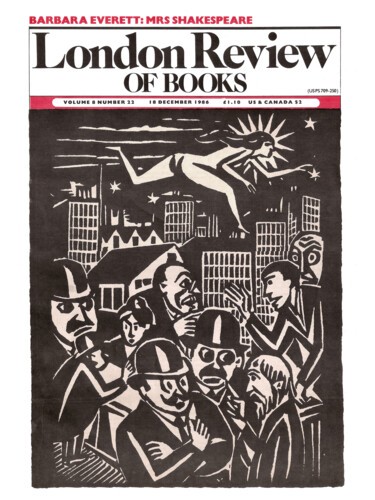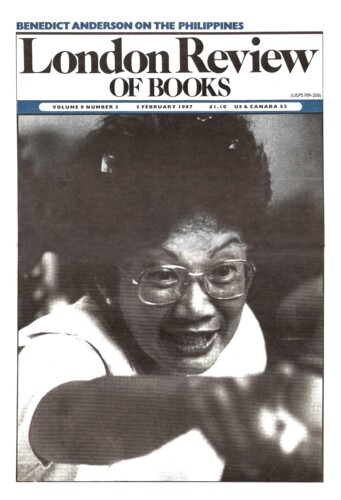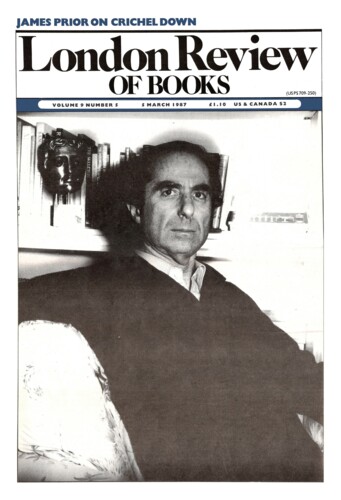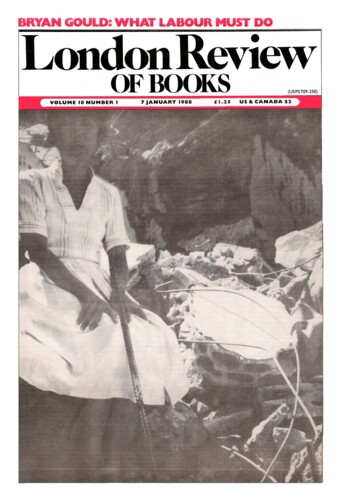Fits and Excursions
Walter Nash, 7 August 1986
It appears sometimes that the Classical education is dead, and with it the attendant mysteries of the grammar school. Gone, gone, the long parsing in the languid afternoon; gone the Cognate Accusative and the Ablative Absolute; gone for ever those musty-gowned, atrabilious instructors who denounced the folly of the dangling participle, demonstrated the proper location of however, and enforced with random ferule the doctrine that the verb to be is followed by the Nominative Case. Gone, and good riddance, possibly: but something has been lost, as well I know when I try to tell university tutorial groups about prepositions, predicates and other preliminaries to the study of discourse. We have become stumbling foreigners in the primary language of criticism.
